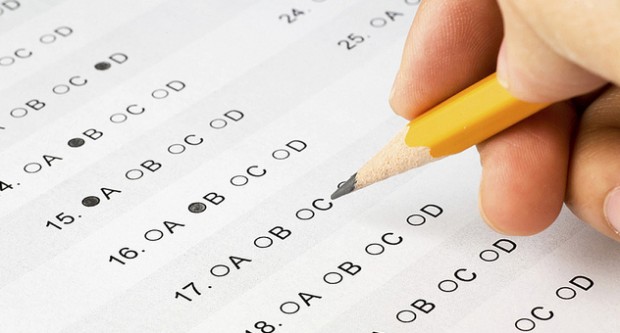By Chris Thompson
For college-bound students, scoring high on the SAT has always been imperative to getting admitted into universities and colleges of stature. Admissions offices traditionally weigh SAT scores as one of the predominant factors in offering acceptance letters to students. And though that's still the case for many elite universities, more higher ed institutions are taking the SAT and ACT off the criteria list for admission.
The most recent addition to the list of "test optional" institutions is the prominent Ithaca College, which announced that it would abandon test score requirements for admissions last month.
Ithaca College, averaging 12,000 yearly applicants, will now base an applicant’s ability on predictors other than SAT or the ACT test scores. The college has been rethinking standardized tests for some time, according to the vice president of Enrollment and Communication Eric Maguire. Not only do these tests fail to give a truly accurate assessment of a student’s ability, but they also bar diverse range of students from applying, he says.
“Standardized test scores add remarkably little to our ability to predict a student’s success beyond what their high school GPA and course schedule already tell us,” Maguire claims. “We believe our new test optional policy better aligns with our holistic and careful reviews of student applications. We also believe the policy will encourage more students to consider Ithaca College and help further diversify our applicant pool.”
Though Ithaca is perhaps the most prominent institution to abandon standardized testing as a key element in the admissions process, the test optional movement, as it's called, has been around for more than 40 years. It began in the late 1960s, when alternative schools like Vermont’s Burlington College rejected standardized testing – or even letter grades. Civil rights groups posited that standardized tests harbor a cultural and racial bias, and that they screen out qualified students who might be unfamiliar with certain cultural assumptions. For instance, students who know little about credit cards will be hard pressed to answer questions about interest rates.


